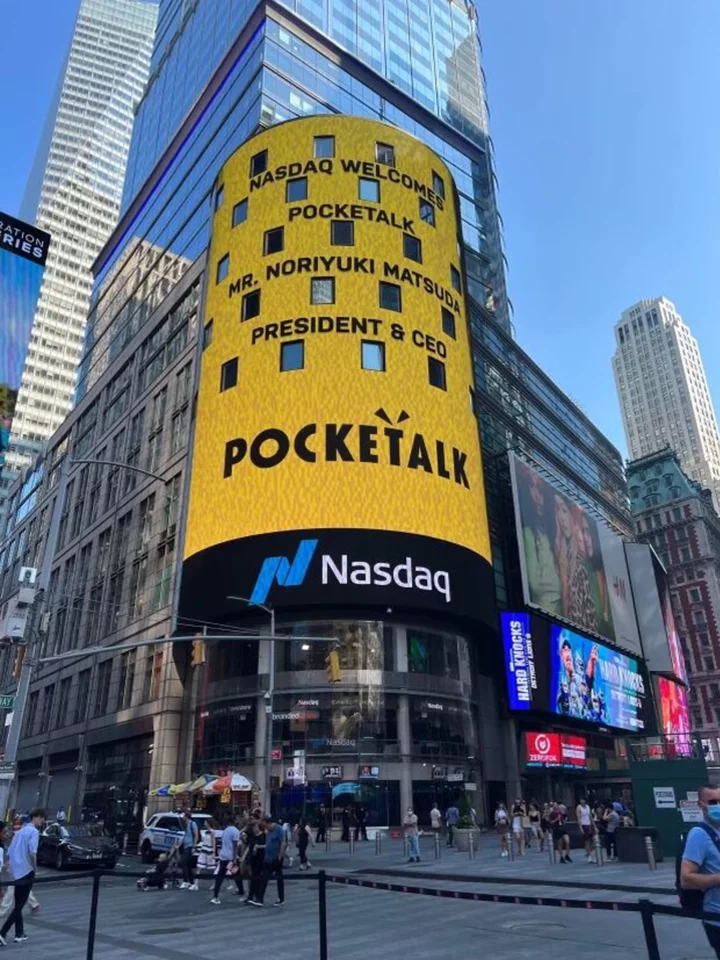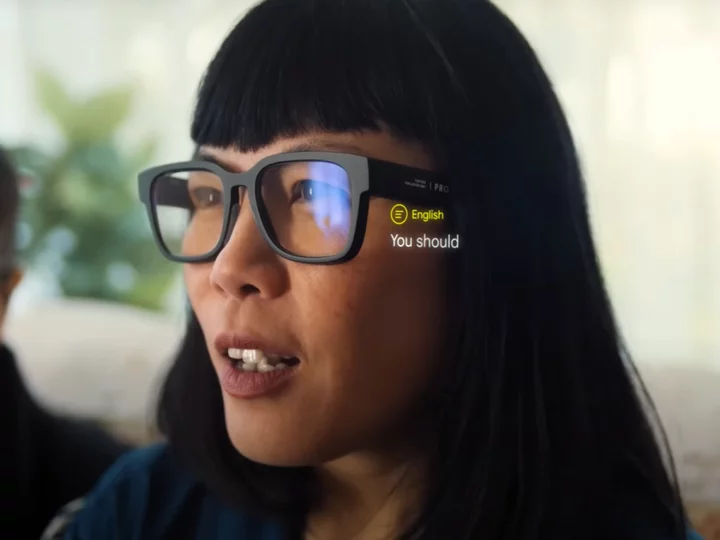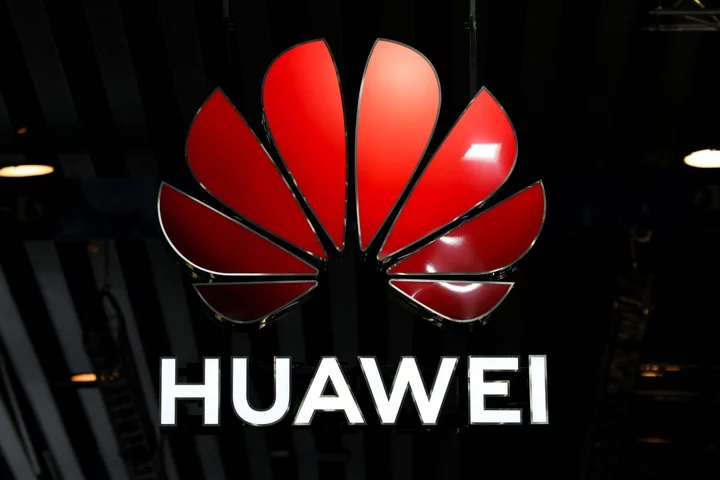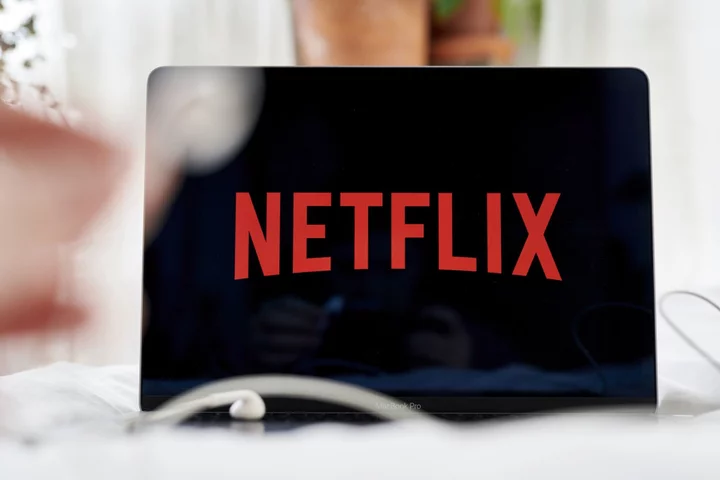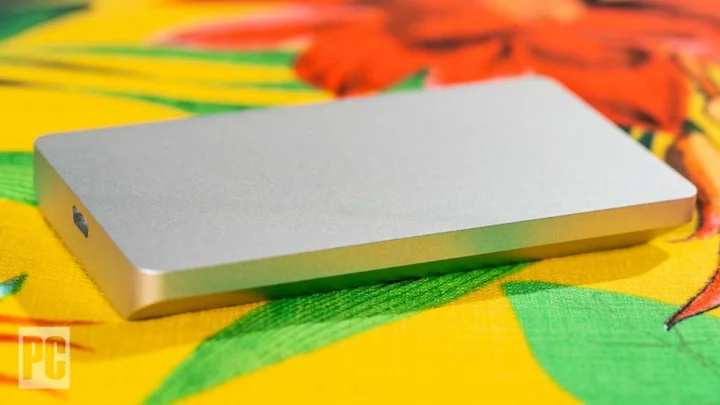The maker of Japan’s most popular voice-and-camera translator is fighting to differentiate itself as it pursues a listing on Nasdaq in two years at a billion-dollar valuation.
Pocketalk Corp., spun out of Tokyo-based Sourcenext Corp., sells handheld devices that can translate 85 languages. Since its launch in 2017, the startup sold a total of 1.1 million machines, with its recent Pocketalk S model priced at $249. It plans to sell another 1 million in 11 countries within three years through a partnership with SoftBank Group Corp.’s mobile unit.
Shares of parent Sourcenext jumped as much as 10% in Tokyo on the news Friday, the biggest intraday gain in seven weeks.
Pocketalk’s endeavor at a global rollout and US listing stand out among Japanese startups, which tend to stay tethered to their home market, the world’s third-largest economy.
Going abroad means facing a world awash with translation tools, including lineups from China’s iFlytek Co., Timekettle and Cheetah Mobile Inc., as well as Vasco Electronics, founded in Poland. Pocketalk says its strength lies in its ability to choose from a pool of six to seven translation engines to yield the best results. The startup taps resources including translation services from Google, OpenAI and DeepL GmbH, using patented source code to provide the most accurate and natural translation, said Noriyuki Matsuda, chief executive officer of Pocketalk and parent Sourcenext.
“We choose the best, accurate engine for each combination,” of source languages and translated texts, Matsuda said in an interview.
Translation apps have come a long way, but fall short in making conversations sound natural, Matsuda said. Pocketalk seeks to provide the kind of nuanced and context-based interpreting seen at high-level international summits, he said.
The company said its devices are used by automaker Subaru Corp.’s global design teams and by emergency room doctors in Tokyo Women’s Medical University Hospital treating patients with limited Japanese language ability.
Backed by investors including Japan’s ICT Fund and an affiliate of gaming company Koei Tecmo Holdings Co., the startup was valued at ¥23.7 billion ($160 million) in a funding round last year. That’s roughly a sixth of where it wants to be in two years.
To achieve the billion-dollar valuation, however, the company needs to become more than just Japan’s de facto standard in translation, according to Daisuke Aiba, an analyst at Iwai Cosmo Securities Co.
“There’s high potential for growth,” Aiba said about Pocketalk’s sales push in the US. Targeting overseas markets gives the company a better chance at getting AI investors’ attention than limiting itself to Japan, he said. “Listing in the US should be able to raise a meaningful sum of money, although it’s hard to say how much.”
Worldwide language service sales came to about $67 billion in 2022 and are estimated to reach about $99 billion by 2028, according to market research company Imarc Group.
Business would be tough, however, if free apps were to provide similar levels of accuracy in speech recognition in the future, Aiba said.
That threat is already playing out, as free, web-based translation tools and connectivity continue to improve. Shares in parent Sourcenext, which relied on Pocketalk for about a third of its sales last quarter, remain slumped at around 75% off a 2018 peak it hit after the launch of Pocketalk’s credit-card-sized translation device. The stock has failed to bounce back despite a post-pandemic surge in travel spending.
For now, Pocketalk seeks growth by supplying translation services to telecom company SoftBank Corp.’s corporate customers operating in North America and Asia.
“With the global growth of Japanese companies, there is a real need for smooth business communications with overseas-based business partners,” said SoftBank Senior Vice President Daichi Nozaki.
(Updates with share reaction.)

